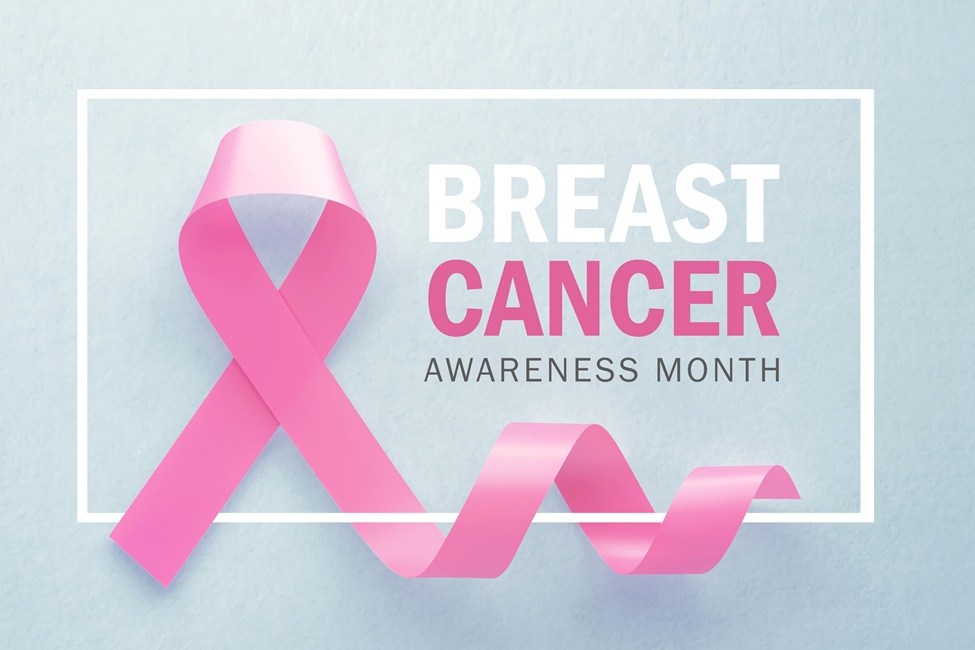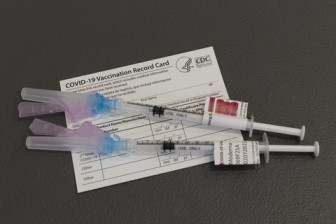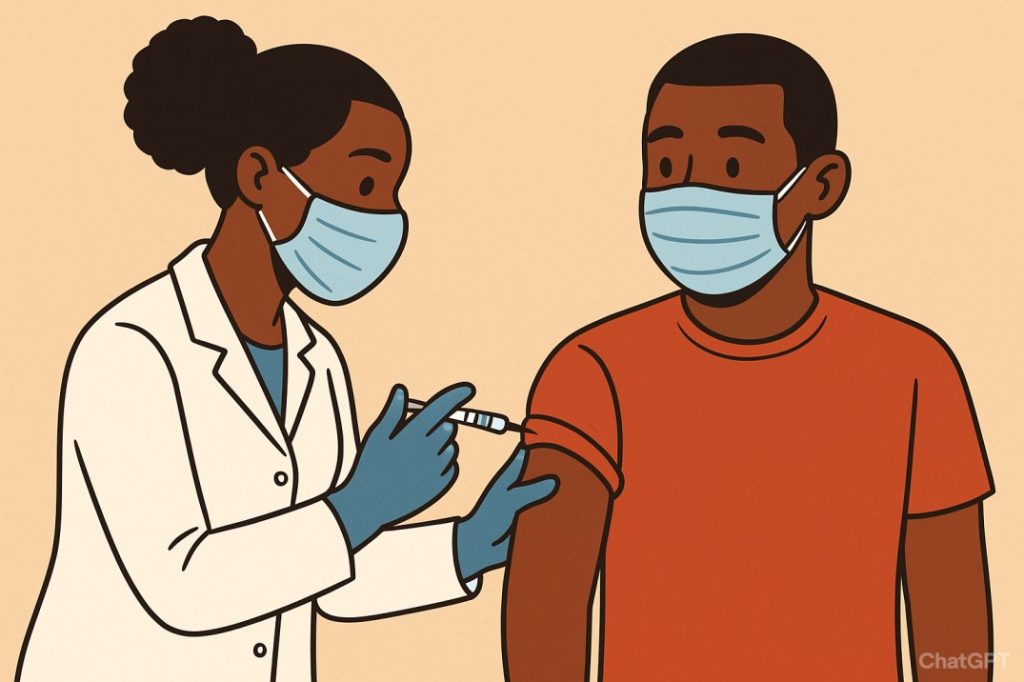
Cardiovascular disease is the leading cause of death in the United States, but it impacts Black communities with particular urgency. According to the American Heart Association, nearly 50% of African American adults have some form of heart disease, including hypertension, heart failure, and stroke. Black Americans are also more likely to be diagnosed at younger ages and face more severe complications than their white counterparts.
These disparities are the result of multiple factors, including social determinants of health, systemic racism, environmental exposures, and cultural stigmas around medical care. Despite the challenges, there are everyday actions individuals and families can take to support better heart health—without sacrificing cultural identity or lifestyle.
This article explores seven practical, culturally relevant habits that can strengthen cardiovascular wellness in Black communities.
1. Reduce Sodium Intake Without Losing Flavor
Excessive sodium consumption contributes to high blood pressure, which affects over 56% of Black adults, according to the CDC. Most dietary sodium comes from packaged and restaurant foods rather than added table salt.
Reading nutrition labels can help individuals identify high-sodium items (over 140 mg per serving), and seasoning food with herbs, citrus, and spices can replace the need for salt-heavy additives. Ingredients such as garlic, thyme, lemon, and apple cider vinegar provide flavor without elevating blood pressure.
Reducing sodium gradually over time helps retrain taste preferences and supports sustainable dietary change.
2. Adapt Traditional Recipes for Heart Health
Soul food holds deep cultural and historical significance, but certain traditional preparations can be high in saturated fats and sodium. Fortunately, many dishes can be modified while preserving their essence.
Examples include:
-
Replacing pork with smoked turkey or plant-based seasoning in greens
-
Using air fryers or oven roasting instead of deep frying
-
Substituting white rice with brown rice, quinoa, or cauliflower rice
-
Swapping sour cream with Greek yogurt in sauces and dips
These adjustments maintain the flavor and cultural importance of meals while supporting cardiovascular wellness.
3. Incorporate 10 Minutes of Daily Movement
Physical activity is a critical factor in heart health, yet many people struggle to meet the recommended 150 minutes per week. Starting with just 10 minutes per day can deliver measurable benefits, including reduced blood pressure, improved circulation, and mood stabilization.
Accessible movement options include walking during phone calls, dancing to favorite songs, stretching during breaks, or following short online workout videos. Consistency is more important than intensity, especially for those with limited time or mobility.
4. Address Chronic Stress and Its Impact on the Heart
The connection between chronic stress and cardiovascular disease is well-documented. For Black Americans, stress is compounded by systemic racism, economic pressures, healthcare bias, and generational trauma.
Stress raises cortisol levels, contributes to inflammation, and increases the risk of hypertension. Addressing mental and emotional health is essential for heart health.
Helpful strategies include:
-
Deep breathing or meditation
-
Journaling or creative expression
-
Prayer, spiritual practices, or church involvement
-
Seeking culturally competent therapy or support groups
Culturally specific mental health platforms such as Therapy for Black Girls, Black Men Heal, and The Boris Lawrence Henson Foundation can provide vital support.
5. Limit Sugary Drinks and Hidden Sugars
Sugary beverages—including sodas, sweet teas, and fruit punches—are linked to an increased risk of heart disease and diabetes. A Harvard study found that consuming one sugary drink per day increases the risk of cardiovascular disease by over 20%.
Substitutes such as infused water (with lemon, cucumber, or berries), unsweetened iced tea, or sparkling water with a splash of juice can reduce sugar intake while still offering flavor.
6. Prioritize Quality Sleep
Research indicates that Black adults are more likely to experience short sleep duration, poor sleep quality, and untreated sleep disorders, all of which elevate cardiovascular risk. Sleep deprivation can lead to higher blood pressure, obesity, and insulin resistance.
Improving sleep hygiene may include:
-
Keeping a consistent sleep schedule
-
Avoiding screens at least one hour before bed
-
Creating a quiet, dark sleeping environment
-
Practicing calming nighttime rituals such as reading or listening to music
For individuals experiencing frequent snoring or fatigue, screening for sleep apnea may be warranted.
7. Schedule Regular Health Screenings
Early detection of heart-related conditions is vital, yet many African Americans face barriers to care and are less likely to receive preventive screenings.
At minimum, adults should monitor:
-
Blood pressure
-
Cholesterol levels
-
Blood glucose or A1C
-
Body Mass Index (BMI) and waist circumference
If possible, build a relationship with a primary care provider who respects and understands your cultural values. When healthcare is inaccessible or mistrust is a concern, community health centers, faith-based programs, and local health fairs may offer screenings and support.
Conclusion
Heart health in Black communities is not just an individual issue—it is a collective one. Addressing systemic inequalities remains critical, but small, everyday choices can offer protection and empowerment in the meantime.
By reducing sodium, staying active, addressing stress, and advocating for preventive care, Black individuals and families can take ownership of their health while honoring their culture.
Trending Topics
Features
- Drive Toolkit
Download and distribute powerful vaccination QI resources for your community.
- Health Champions
Sign up now to support health equity and sustainable health outcomes in your community.
- Cancer Early Detection
MCED tests use a simple blood draw to screen for many kinds of cancer at once.
- PR
FYHN is a bridge connecting health information providers to BIPOC communities in a trusted environment.
- Medicare
Discover an honest look at our Medicare system.
- Alliance for Representative Clinical Trials
ARC was launched to create a network of community clinicians to diversify and bring clinical trials to communities of color and other communities that have been underrepresented.
- Reducing Patient Risk
The single most important purpose of our healthcare system is to reduce patient risk for an acute event.
- Jessica Wilson
- Jessica Wilson
















